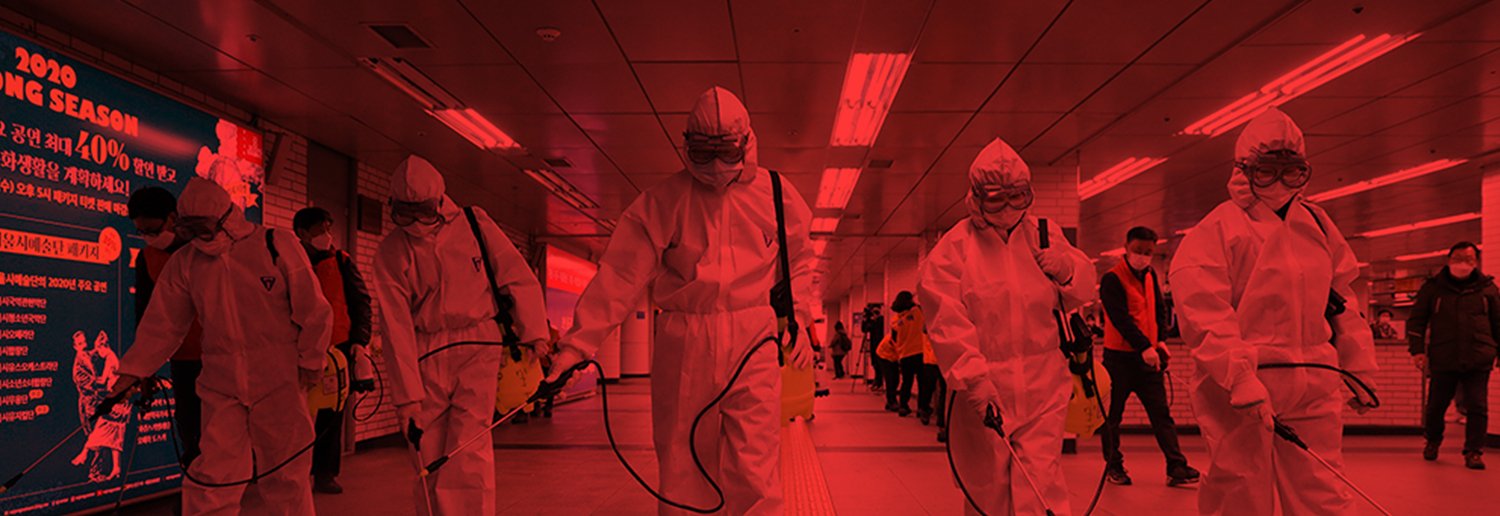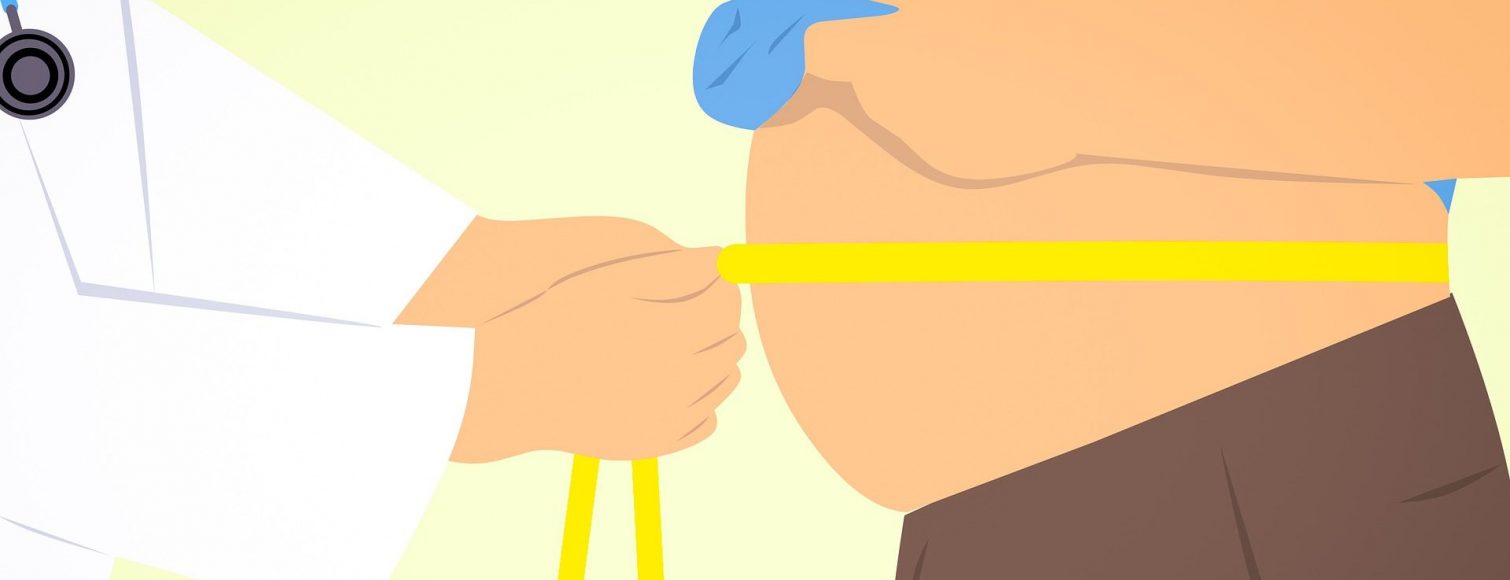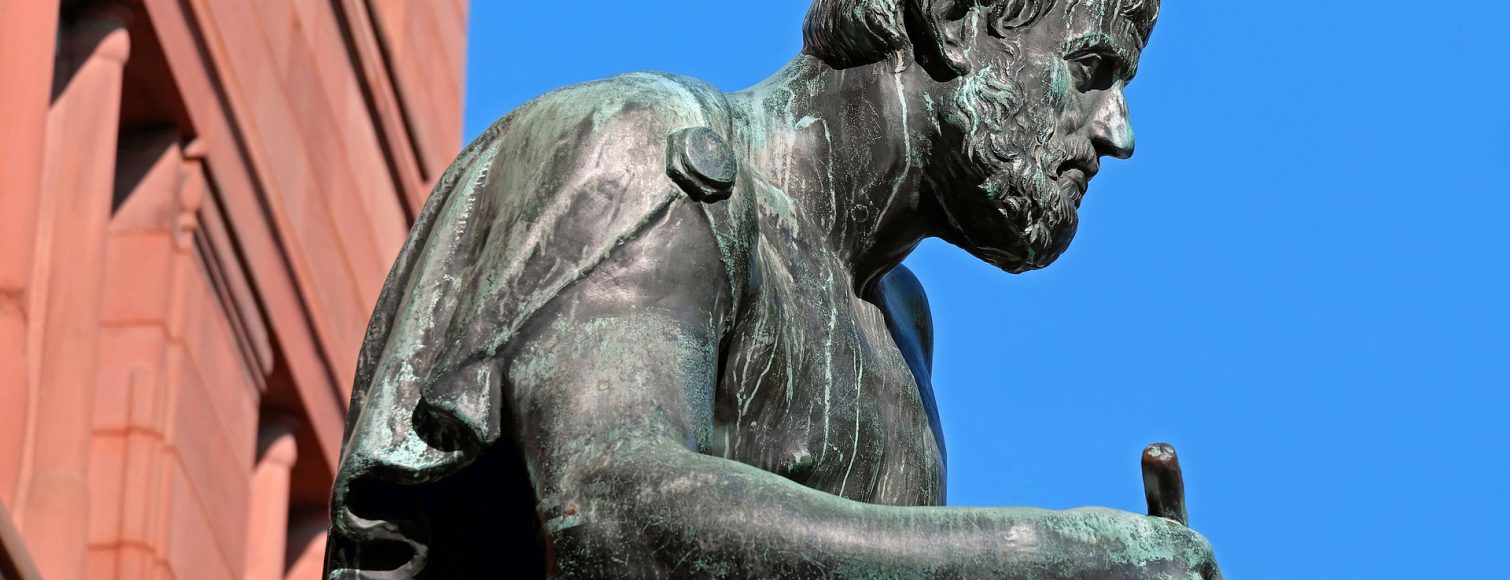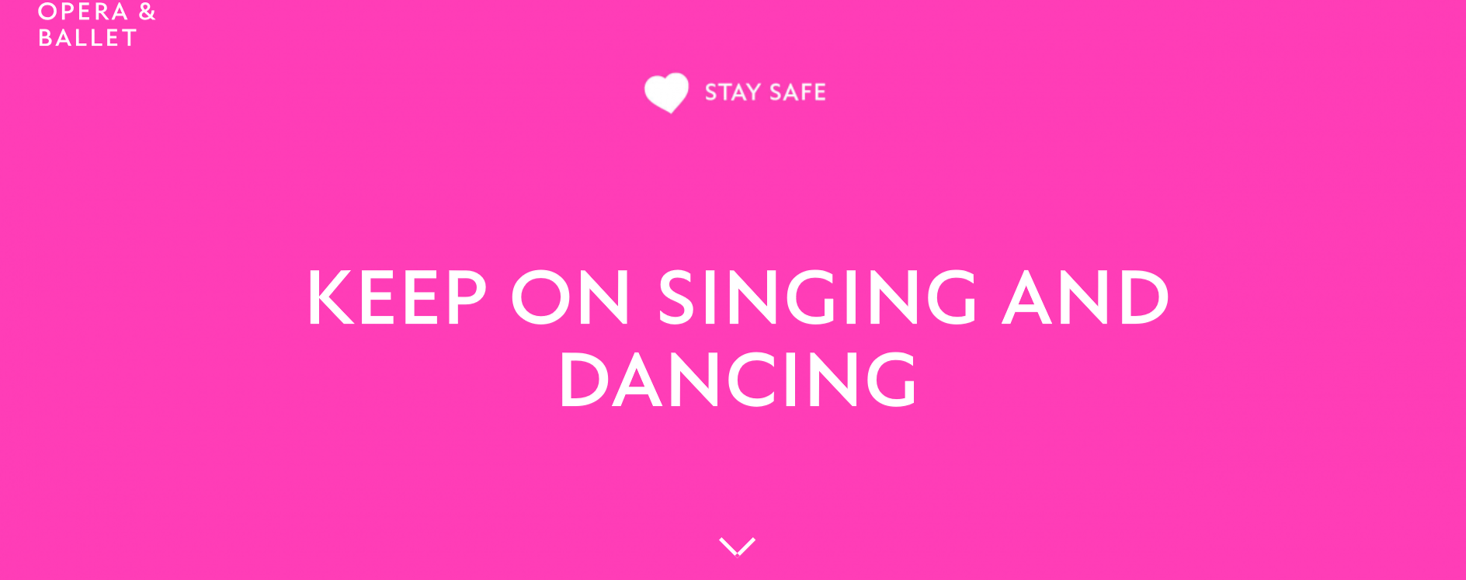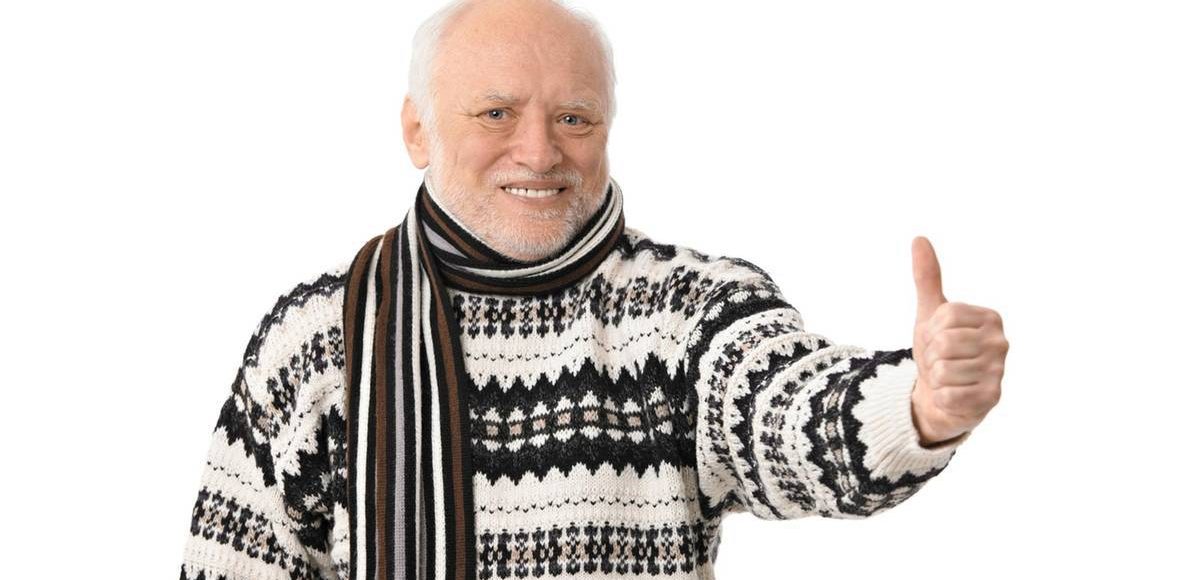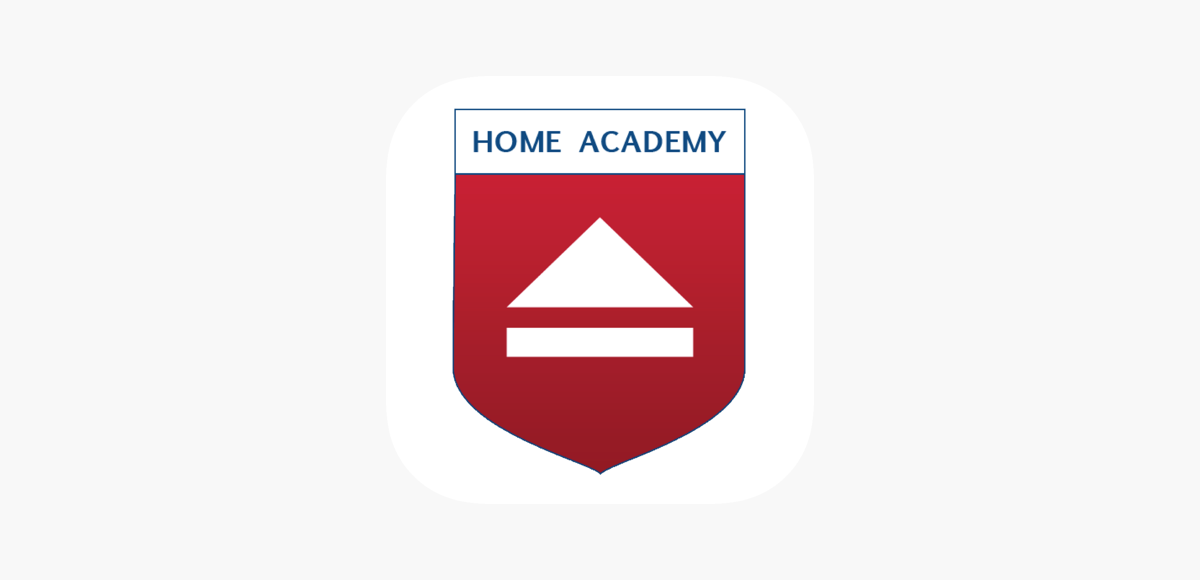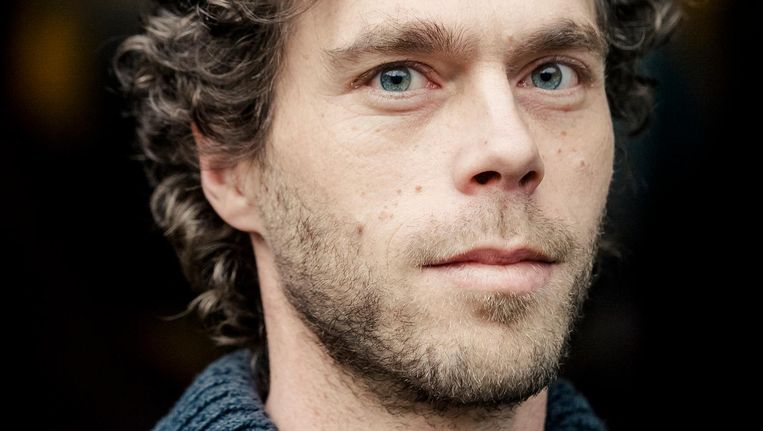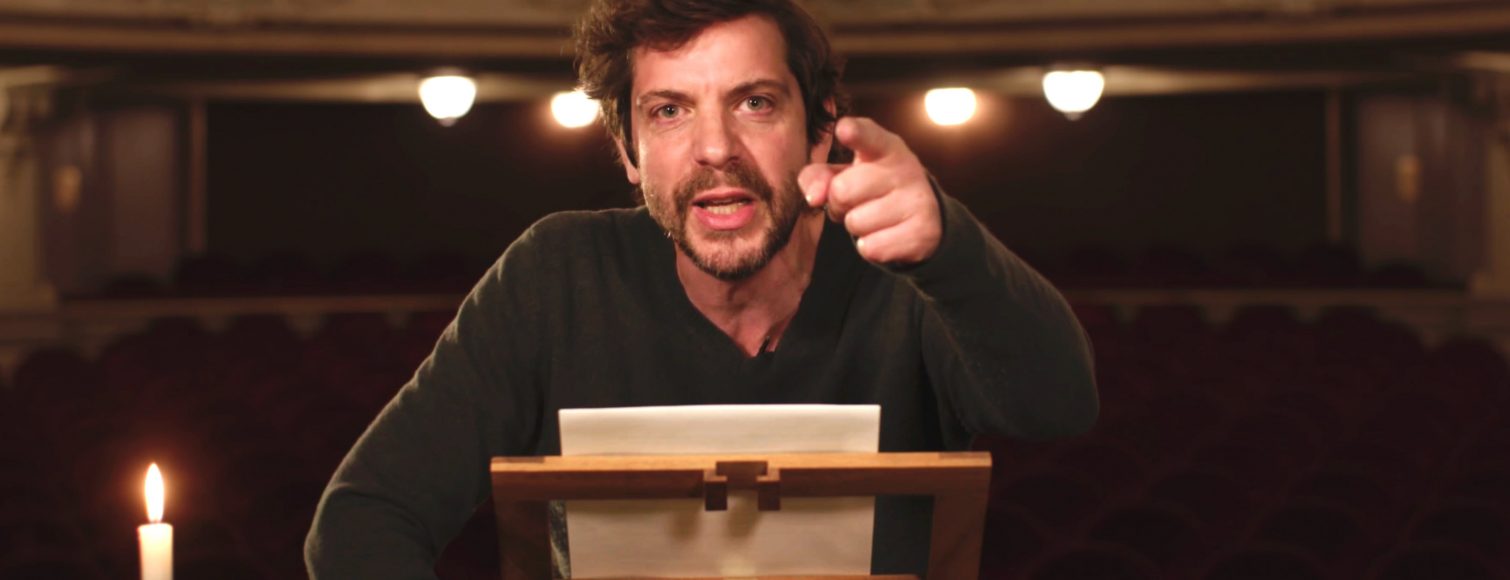Friday 5 April | Mental Health & Wellbeing
With most of us stuck at home we thought it was high time to get online and breathe some relaxation, positive energy and enthusiasm into people’s living rooms. ? Some of our regular weekly yoga & meditation trainers (all students, staff, and alumni volunteers!) have been working on the following Instagram page:
https://www.instagram.com/skycampusnetherlands/
Through this page we will continue our weekly stress buster Fridays, now also on Mondays, by hosting live yoga and meditation sessions to go within or just help take your mind to other things for a moment. ?♂️
Sessions will start at 12.30 and will take around 40 minutes. Follow this brand new page to get updated about the sessions and let’s ‘meet’ and meditate together. Join Sky & SG!
Corona Care Package | What’s next?
Over the next weeks we plan to engage TU Delft researchers on questions about moral choices and dilemma’s in technology. A way for you to be intellectually challenged and engage in philosophical conversation whilst in quarantine.
As you have seen, some of the content we have been sharing has been our own (writing blogs, videos from our archives), but we also share interesting content from others. So if you have any suggestions (within our focus areas), feel free to contact us via sg@tudelft.nl!
We are all in this together, let’s make the best of it! Stay safe and see you on Monday!
Studium Generale created a Corona Care Package to make #stayingin as pleasant as possible. In the following weeks we will share video’s, blogs, articles and podcasts within four focus areas: Mental Health, Fake News, Arts & Culture and Philosophy.

